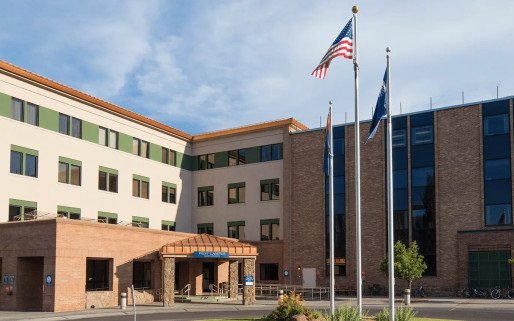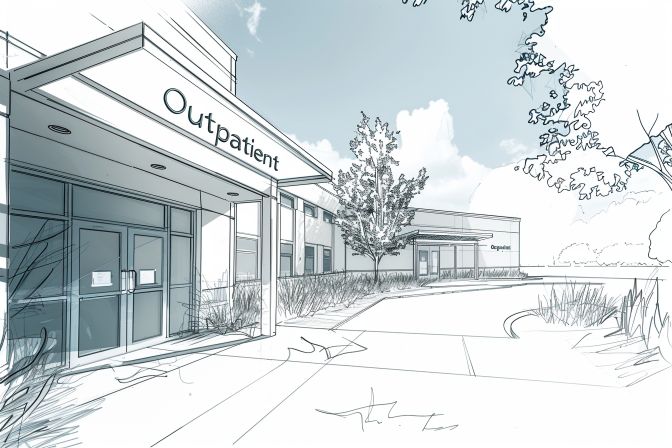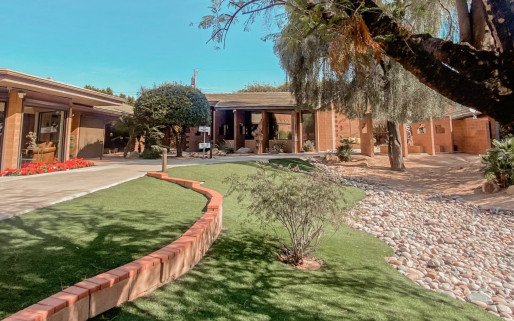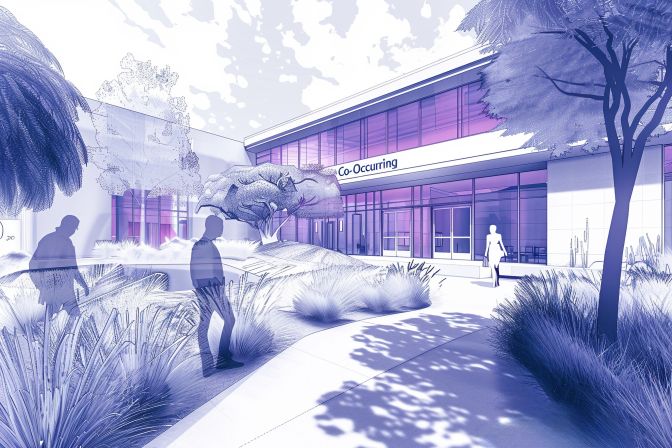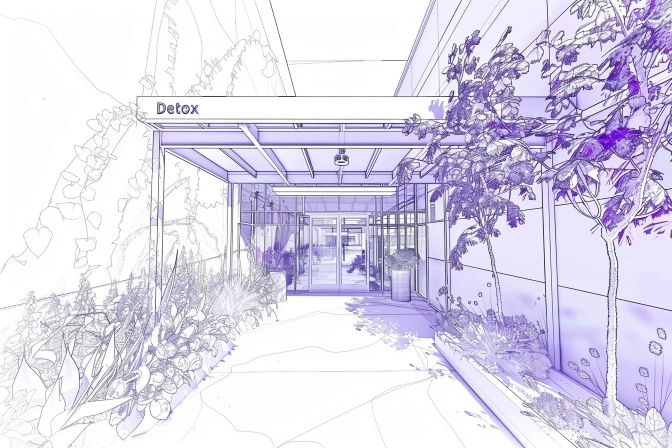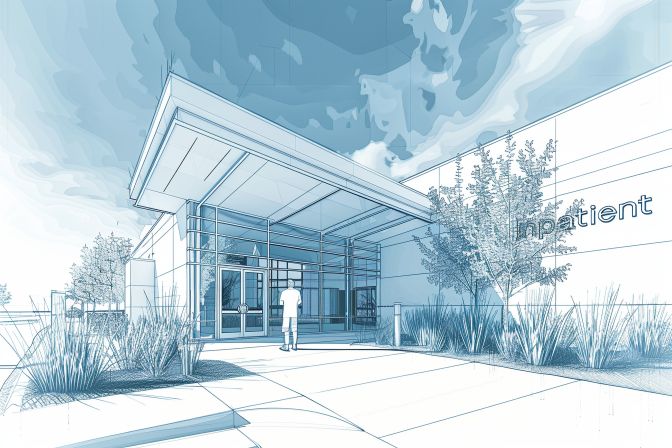Rehab in Arizona
Home of the Grand Canyon, Arizona is famous for its national parks and sunny climate, making it a great location for people seeking a calm, natural environment to access substance use treatment. Available services include detox and withdrawal, outpatient programs, and residential rehabs.
People can access evidence-based therapies and medications within tailored treatment programs that meet their individual needs. Additionally, rehab programs within the state offer a range of treatments and experiences that contribute to recovery, including outdoor activities, holistic treatments, and mental health care.
Choosing the right rehab
The first and most vital step towards recovery from substance addiction is deciding you need rehab treatment. However, it can be difficult and overwhelming when trying to choose the right rehab option that meets your needs.
Below, you will find some crucial criteria you should consider when choosing a rehab center that best meets your unique requirements.
Which substance or substances are part of the addiction?
While many rehab centers have treatment programs designed to treat various substance use disorders, others specialize in individual substance addiction treatment. While both are good options, choosing a rehab dedicated to treating your form of SUD will provide a more focused approach.
Common substances treated by most rehab centers include:
- Alcohol
- Benzodiazepines
- Heroin
- Cannibis
- Methamphetamines
- Opioids
- Prescription drugs
If you have a polysubstance use disorder (e.g., cocaine and alcohol), you may require a more tailored treatment plan that some rehab centers won’t be equipped to provide. This makes it vital that you check the rehab center can effectively treat your form of SUD.
Is there a co-occurring condition that also requires treatment?
Co-occurring conditions, also known as a dual diagnosis, are mental health conditions or disorders that are present alongside a substance use disorder. Co-occurring disorders can often exacerbate the symptoms of one another, and it is not always possible to identify which one has caused the other.
For example, someone suffering from major depressive disorder may turn to alcohol as a way of self-medicating, or someone taking prescribed benzodiazepines for managing anxiety may start to abuse their medication.
Co-occurring conditions can be difficult to manage effectively, and treatment requires an integrated approach. If you have a dual diagnosis, you should make sure the rehab center can treat both effectively.
Treatment options
There are multiple stages to a substance use disorder, as well as different levels of severity. This means that various treatment approaches and different levels of care need to be employed for each stage to match the individual’s additional needs.
The most frequently used levels of treatment include:
Detox
Detoxification is a common part of recovery for most substance use disorders. Detox centers are medically supervised environments for people to safely go through the withdrawal process. Certain substances, such as opioids or alcohol, can cause uncomfortable and occasionally life-threatening withdrawal symptoms, which often lead to individuals relapsing back to substance use. This is why detox is an important step in the recovery process, and a medically supervised setting can help ensure individuals are comfortable and safe, in turn reducing the risk of relapse.
Residential care
Residential care is best suited for those who require round-the-clock care. Individuals attending a residential rehab will typically partake in a 30-day treatment program, incorporating various forms of counseling and talk therapies, as well as any drug monitoring required.
Outpatient
Outpatient programs are designed for people who have personal obligations that hinder them from attending residential care, as well as those moving on from residential care but who still require support.
Intensive outpatient programs (IOP)
IOPs are designed for those who require high levels of care but cannot attend residential care. IOPs will require more dedicated time from individuals, typically for a few hours a day, three to five days a week.
Sober living and transitional housing
Sober living and transitional homes offer an environment free from triggers and temptations, as those who have been through treatment prepare to manage full-time recovery outside of rehab. They also provide a safe space for those attending outpatient programs who are exposed to substance use at home.
Signs you or a loved one may need rehab
The indicators of addiction can vary from mild to severe; some have an obvious and direct impact on daily life, and others may be subtle behavioral changes that can become damaging if left unchecked. The signs of addiction are also not uniform for everyone, and some people can hide or deny their problem so that no one spots it, sometimes even themselves.
Despite the nuances of symptoms from person to person, some warning signs are universal. These can include:
- Omitting personal responsibilities to use (e.g., not going to work in order to drink).
- Not being able to go 24 hours without using.
- Activities you once enjoyed are replaced with substance use.
- Lying about substance use or hiding it.
- Experiencing withdrawal symptoms when not using.
- Causing harm to yourself or others due to using substances and not stopping.
How does addiction affect everyday life?
Addiction and substance use often create ripple effects that disturb everyday life in some way. Over time, these ripples can turn into waves that severely disrupt all areas of an individual's life and those around them.
For example, someone with a gambling problem may begin to hide their losses from loved ones and start to struggle financially. If gambling behavior continues and finances aren’t taken care of, severe levels of debt are likely to occur, which can lead to stress, depression, and many other problems.
Furthermore, addiction can, and often does, affect the lives of everyone involved with the person suffering. It can cause unbearable strain on relationships, create rifts in family structures, ruin friendships, derail careers, and destroy all sense of self-worth.
Is substance use a choice?
While someone’s initial decision to use substances is often their own choice (though not always), addiction is not. Once the drugs or alcohol have taken hold of someone to the degree that they cannot operate normally without them (physical dependence) it becomes extremely difficult to stop. Withdrawal symptoms, cravings, and many other factors can make giving up on drugs or alcohol feel impossible without dedicated treatment.
Physical effects of addiction
The majority of addiction symptoms appear as behavioral or psychological changes in a person. However, addiction to drugs or alcohol can cause many physical symptoms that can become life-threatening if substance abuse continues. Common physical effects of addiction include:
- Cardiovascular issues.
- Respiratory depression (prevalent in sedatives and opioids).
- Delirium tremens (alcohol).
- Nasal perfusion (snorting cocaine, etc.).
- Weight loss/gain.
- Fetal Alcohol Syndrome.
- Skin ulcers/lesions.
- Bruising/track marks.



